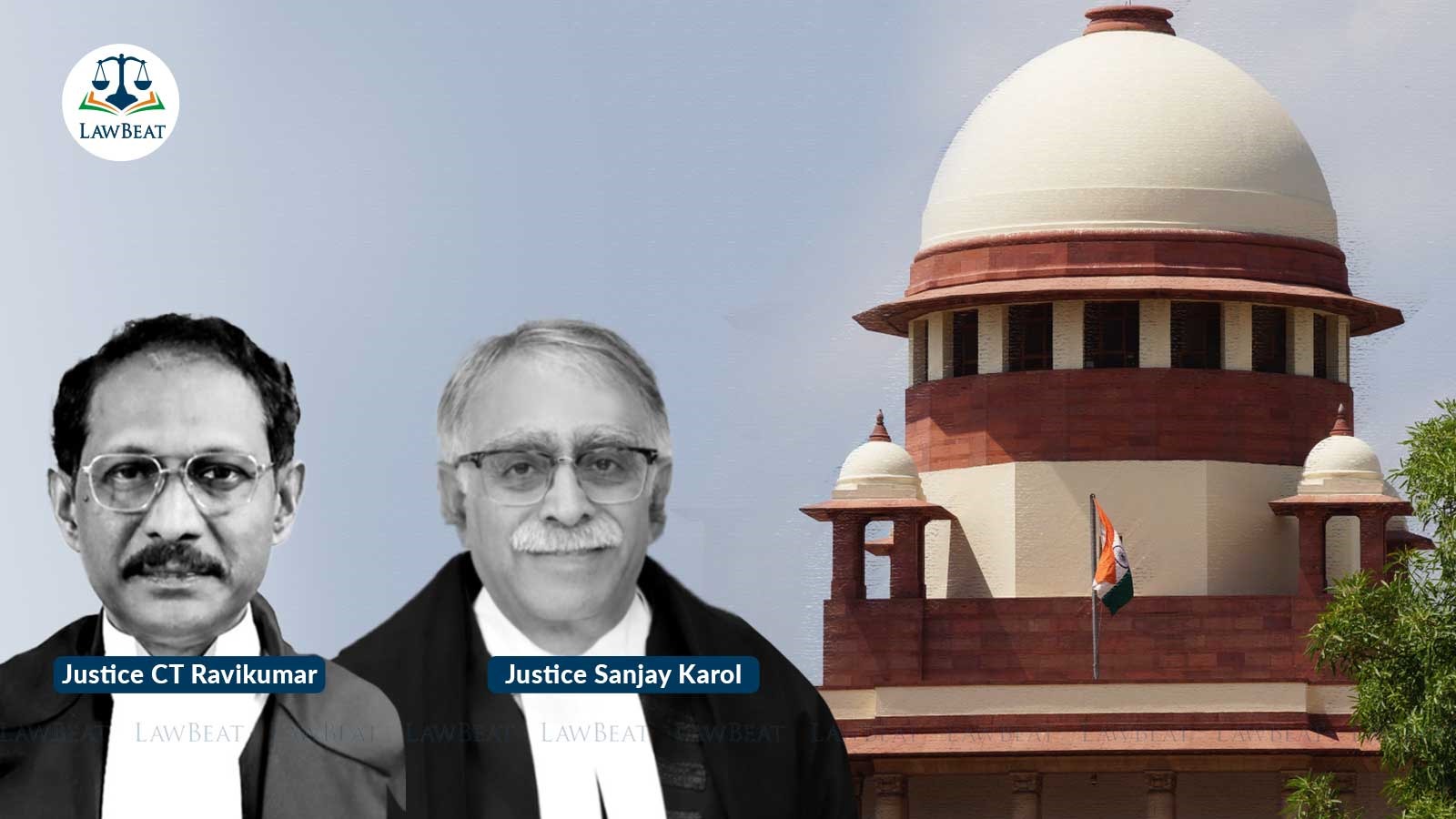Failure to Appear After Proclamation Is an Independent Offence: SC

Court said while proceedings under Section 174A IPC cannot be initiated independent of Section 82, CrPC, i.e., it can only be started post the issuance of proclamation, they can continue if the said proclamation is no longer in effect
The Supreme Court on January 2, 2025, held that Section 174A IPC for the offence of non-appearance in response to proclamation is an independent, stand-alone and substantive offence, that can continue even if the proclamation under Section 82, CrPC is extinguished.
A bench of Justices C T Ravikumar (since retired) and Sanjay Karol noted that Section 174A IPC, inserted by the 2005 Amendment to the Indian Penal Code, introduced a substantive offence, prescribing punishment of three years or fine or both when such proclamation is issued under Section 82(1) CrPC and seven years and fine if the said proclamation is under Subsection (4) thereof.
"The object and purpose of this Section is to ensure penal consequences for defiance of a Court order requiring a person’s presence," the court said.
The bench examined whether Section 174A IPC can stand independent of the proclamation under Section 82 CrPC or not.
It pointed out that the purpose of Section 82 CrPC, as can be understood from a bare reading of the statutory text, is to ensure that a person who i called to appear before a Court does so.
"This Section appears as part of Chapter VI which is titled ‘Process to Compel Appearance’. Section 83 to 90 provide for the additional method of attachment of property to the end of securing appearance. Necessarily then some or the other proceeding has to be ongoing for which the presence of such person is necessary. The words of the Section dictate that it can be only issued in respect of a person against whom a warrant has been issued. Neither a warrant nor proclamation subsequent can be conjured up out of thin air," the bench said.
The court examined the question as to what happens if the status under Section 82 CrPC is nullified, i.e., the person subjected to such proclamation, by virtue of subsequent developments, is no longer required to be presented before a court of law. Then, can the prosecution still proceed against such a person for having not appeared before a court during the time that the process is in effect?
"The answer is in the affirmative," the bench said.
The court pointed out reasons, stating that the language of Section 174A IPC says “whoever fails to appear at the specified place and the specified time as required by proclamation…,” which implies that the very instance at which a person is directed to appear, and he does not do so, this Section comes into play.
The court said what further flows from the language employed is that the instance of non-appearance becomes an infraction of the Section, and therefore, prosecution therefore will be independent of Section 82 CrPC being in effect.
So, while proceedings under Section 174A IPC can not be initiated independent of Section 82 CrPC, i.e.,can only be started post the issuance of proclamation, they can continue if the said proclamation is no longer in effect, the bench said.
"Granted that the offence prescribed in Section 174A IPC is indeed stand-alone, given that it arises out of an original offence in connection with which proceedings under Section 82 CrPC is initiated and in the said offence the accused stands, subsequently, acquitted, it would be permissible in law for the court seized of the trial under such offence, to take note of such a development and treat the same as a ground to draw the proceedings to a close, should such a prayer be made and the circumstances of the case so warrant," the bench said.
The court was dealing with a criminal appeal filed by Daljit Singh, challenging the Punjab and Haryana High Court's order which refused to quash the complaint of June 8, 2010; summoning order on August 17, 2010; and order of November 28, 2016, declaring the appellant a proclaimed offender passed by the Judicial Magistrate, 1st Class, Bhiwani.
The court examined the questions whether the proclaimed offender status, under the provisions of the CrPC, of an accused could subsist if such accused stood acquitted during trial in connection to the very same offence; and whether the subsistence of the proclamation under Section 82 CrPC was necessary for the authorities to proceed against an accused against whom such a proclamation stood issued, under Section 174A of the Indian Penal Code.
In the facts of the matter, the court pointed out, the record spoke to the fact that an FIR under Section 174A IPC was registered against the appellant, in connection with which, he was released on bail by the Judicial Magistrate, First Class, Bhiwani on December 19, 2022.
The court allowed the appeal, having noted the appellant had been acquitted, which meant that there was no case for which his presence was required to be secured.
The bench set aside the High Court's order, closed all criminal proceedings, inclusive of the FIR under Section 174A IPC, and quashed the appellant’s status as a ‘proclaimed person’.
Case Title: Daljit Singh Vs State of Haryana & Anr
